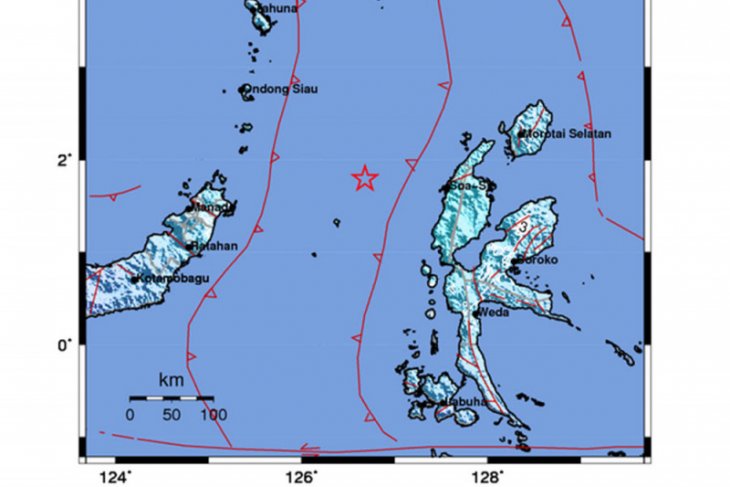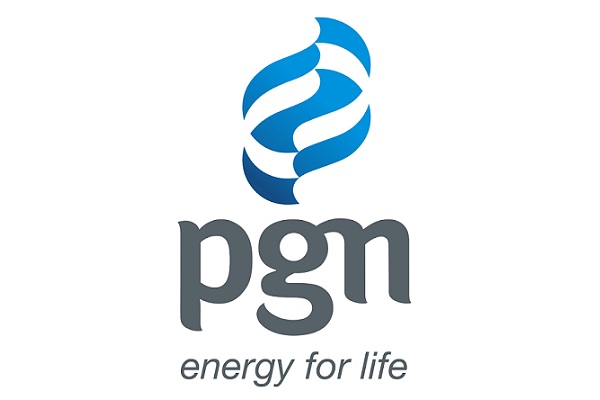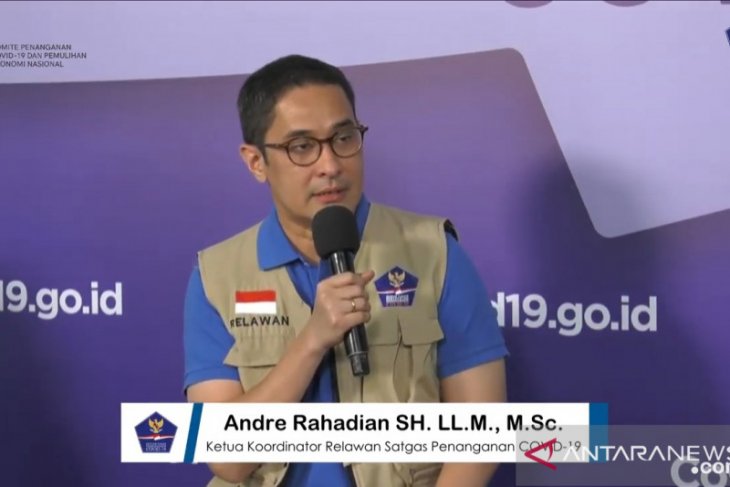Live Streaming
Program Highlight
Company Profile
September
Death of Indonesian Health Workers Due to Covid-19 Among World's Highest
Written by Ani Hasanah
Amnesty Internasional Indonesia executive director Usman Hamid said the number of health workers who died of Covid-19 in the country is one of the highest in the world.
Amnesty recorded 181 medical workers in Indonesia died during six months of the pandemic. They consisted of 112 doctors and 69 nurses.
With this number, Indonesia is in the ranks of countries with the highest mortality rate for health workers in the world,” Usman said Saturday, September 5.
According to Usman, Amnesty International recorded at least 7,000 medical workers around the world died after contracting to Covid-19.
The top five countries with the highest number of health workers who died of Covid-19 are Mexico with 1,320 deaths, the United States with 1,077 death tolls, India with 573 casualties, Brazil with 324 casualties, South Africa with 240 deaths, and Indonesia with 181 casualties.
Usman hoped the government can put extra attention to this matter by fulfilling their needs of personnel protective equipment and other health facilities. (tempo.co)
September
5.9-magnitude Earthquake Jolts Indonesia's West Halmahera District
Written by Ani Hasanah The epicenter of the 5.9 magnitude earthquake in West Halmahera, North Maluku. (ANTARA/HO-BMKG)
The epicenter of the 5.9 magnitude earthquake in West Halmahera, North Maluku. (ANTARA/HO-BMKG)
A 5.9-magnitude earthquake jolted northwest of West Halmahera District in North Maluku Province on Sunday morning but no tsunami alert was issued.
The epicenter of the quake that occurred at 07.21 a.m local time was located around 112 kilometers away from the district area at a depth of 10 kilometers, the Meteorology, Climatology, and Geophysics Agency (BMKG) revealed.
Earthquakes regularly rock various parts of Indonesia due to the fact that the country lies on the Circum-Pacific Belt, also known as the Ring of Fire, where several tectonic plates meet and cause frequent volcanic and seismic activities.
On Aug 24, 2020, for instance, a 5.2-magnitude earthquake rocked Pangandaran District in West Java Province but no tsunami alert was issued.
One of the deadliest earthquakes in Indonesia that occurred over these past two years was the one that struck several areas of Central Sulawesi Province.
The 7.4-magnitude earthquake which was followed by tsunami that hit the areas of Palu city and the districts of Donggala, Paringi Moutong, and Sigi on Sept 28, 2018, claimed 2,102 lives, injured 4,612, and rendered 680 others missing.
A total of 68,451 homes were seriously damaged, and 78,994 people were displaced.
Due to a large number of rotting corpses, the authorities and humanitarian workers decided to bury them in mass graves.
Meanwhile, material losses inflicted by the twin deadly disasters were estimated to reach Rp15.29 trillion.
The provincial capital of Palu took the brunt of the disaster, with material damage and losses recorded at Rp7.6 trillion, or 50 percent of the total estimate, according to the National Disaster Mitigation Agency (BNPB).
The material damage and losses in Sigi district were recorded at Rp4.9 trillion, or 32.1 percent, Donggala district at Rp2.1 trillion, or 13.8 percent, and Parigi Moutong district at Rp631 billion, or 4.1 percent.
The material damage in the four affected areas reached an estimated Rp13.27 trillion, while the material losses reached approximately Rp2.02 trillion, the agency revealed in October 2018. (ANTARA)
September
Gas Sales Predominantly Contribute to PGN's US$1,469.17 Million Income
Written by Ani Hasanah
State-owned oil and gas company PT Perusahaan Gas Negara Tbk (PGN) posted an income of US$1,469.17 million for the first half of 2020, largely contributed by gas sales.
The current economic situation has had a trickle-down effect on the company's income, PGN Finance Director Arie Nobelta Kaban noted in a written statement released on Saturday.
With the first-semester income reported at $1,469.17 million, the company posted consolidated operating profits of $193.09 million, while its earnings before interest, taxes, depreciation, and amortization (EBITDA) reached $390.17 million.
Despite its performance experiencing pressure from external factors, PGN will make continued efforts to maintain its operational and financial performances, especially in fulfilling the national gas requirements, he stated.
The COVID-19 pandemic, declining oil and gas prices, and the rupiah's weakening exchange rate against the US dollar also had an impact, especially on the company's upstream businesses, he remarked.
The upstream businesses were dependent on the market, particularly on oil and gas prices and LNG prices, he pointed out.
The low oil and gas prices led to a decline in the incomes of upstream businesses while operating costs did not decline accordingly, he stated.
The lower-than-projected oil and gas prices had an impact on the upstream businesses' income and recoverability of assets managed by PT Saka Energi Energi Indonesia (ANTARA).
September
COVID-19 Task Force Volunteers Focusing on Helping Medical Workers
Written by Ani Hasanah
Head of volunteer coordination for the COVID-19 Handling Task Force, Andre Rahadian. (ANTARA/Muhammad Zulfikar/ac)
Volunteers participating in COVID-19 handling efforts in the country are focusing on three areas, including providing assistance to medical workers, Head of volunteer coordination for the COVID-19 Handling Task Force, Andre Rahadian, has said.
"Firstly, we are providing assistance to medical workers," he said at an online discussion originating from Jakarta on Saturday.
The second focus is to recruit and place volunteers, both medical and non-medical personnel, to various areas that require assistance, he informed.
Finally, the COVID-19 Handling Task Force Volunteers are coordinating with areas in relation to behavior change and health management.
“We are supporting the program by inviting as many volunteers as possible. Both that are registered with the Task Force, as well as with other organizations," Rahadian said.
The government cannot work alone to deal with and overcome the COVID-19 pandemic, he said.
Therefore, in the last five months, the COVID-19 task force has been collaborating with other organizations, including the scouts, KNPI, PBNU, and Muhammadiyah for enlisting volunteers, he added.
The work carried out by volunteers ranges from distributing personal protective equipment, which includes masks, hand sanitizers, hazmat suits; disinfectant spraying efforts; and, distributing basic necessities.
"Up until now, we are still operating. One of the activities is the campaign for and socialization of the use of masks among the public," Rahadian said.
He said the hand-washing campaign, maintaining physical distancing, and encouraging the use of masks are still part of the COVID-19 Handling Volunteer Task Force’s current program.
He then invited everyone in the country to comply with the health protocols, especially wearing masks, maintaining safe distancing, and washing hands with soap and running water. (ANTARA)


